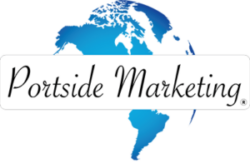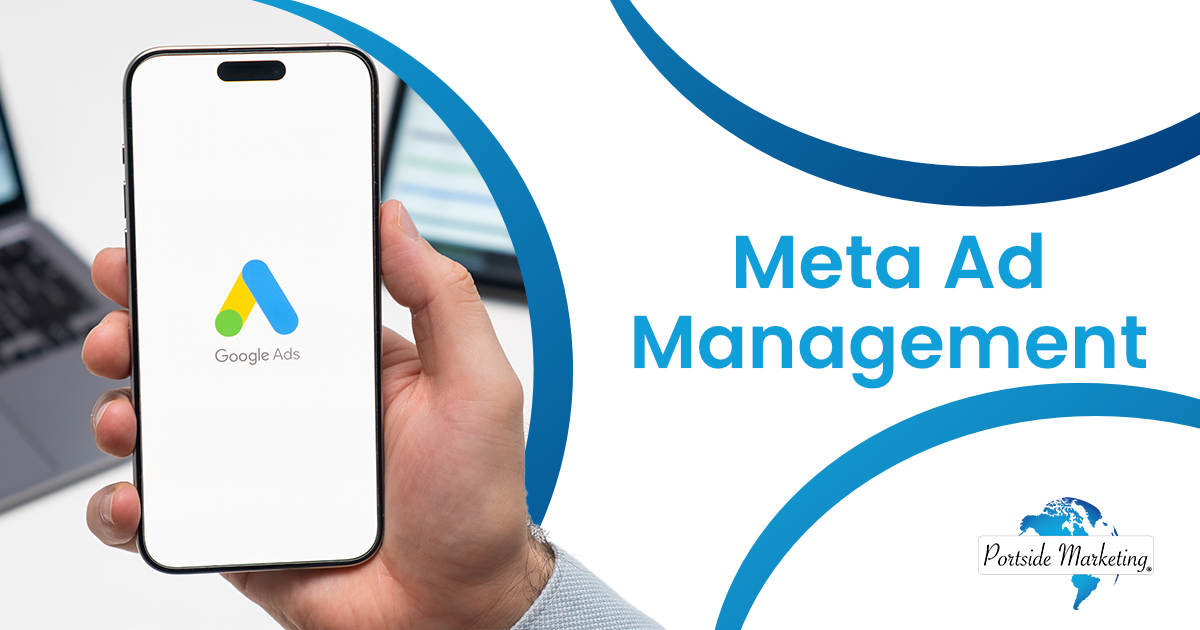
Meta Ads Management
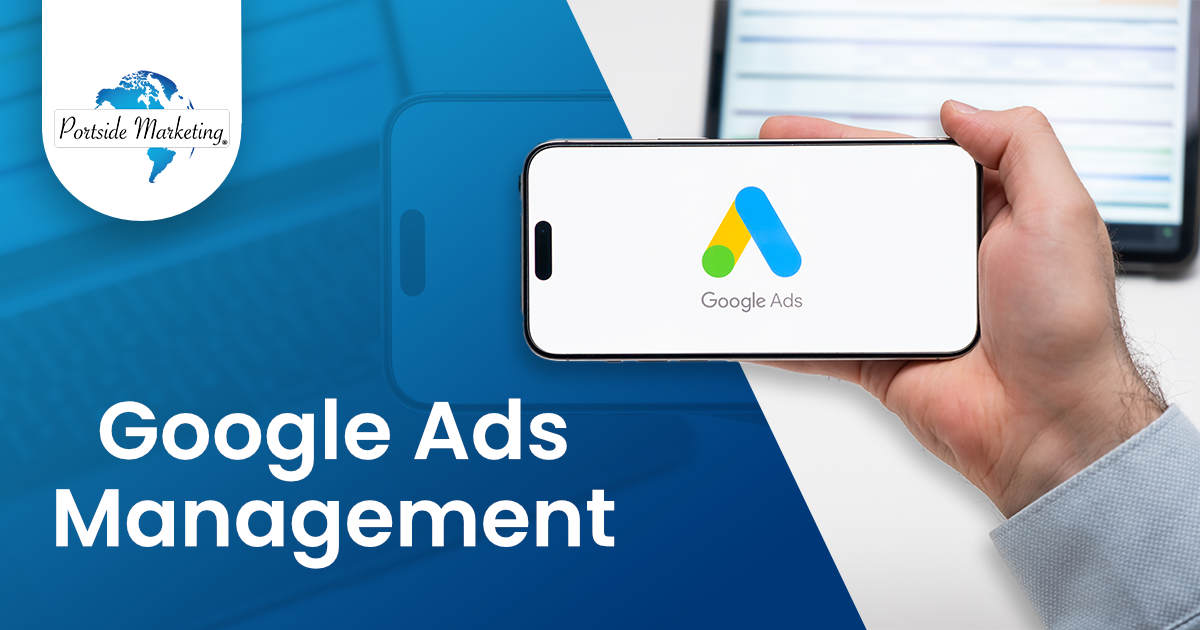
Google Ads Management
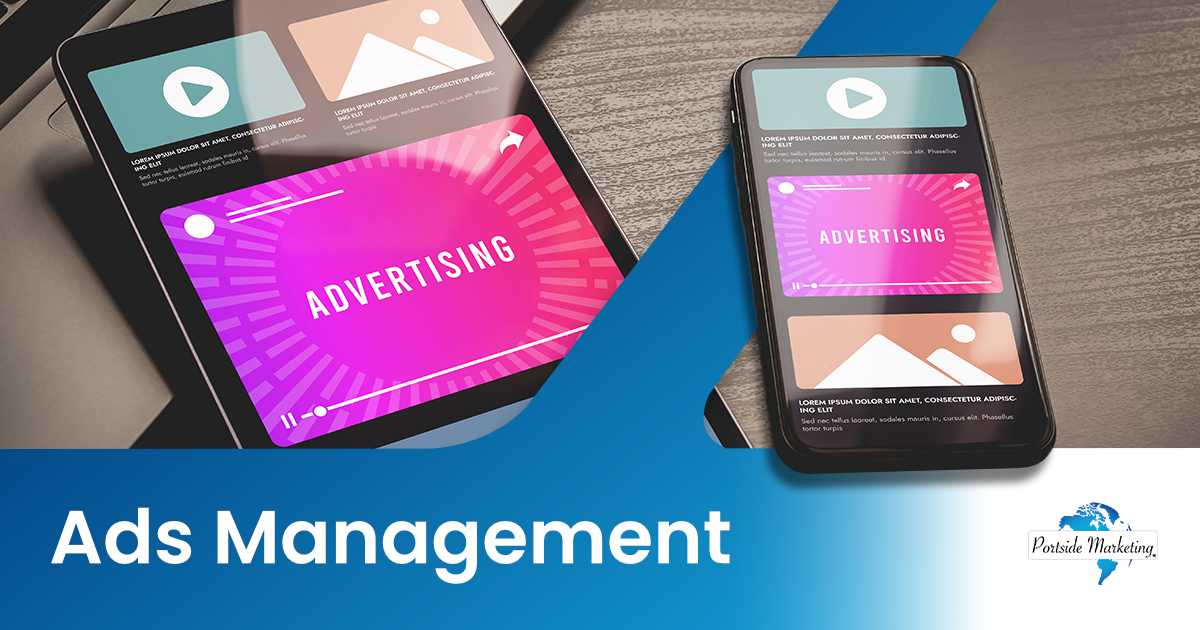
Local Service Ads Management
Marketing automation and marketing funnels have become essential tools for small business owners who want to save time, increase efficiency, and grow sales. Instead of relying on manual processes, businesses can streamline customer interactions, nurture leads automatically, and convert prospects into paying customers with less effort. By using automation and funnel strategies, small business owners can focus more on delivering value to clients while ensuring that marketing works in the background.
Why Marketing Automation Matters for Small Businesses
Marketing automation allows small businesses to replace repetitive tasks with smart systems that work around the clock. From sending follow-up emails to managing leads and scheduling social media posts, automation ensures that no opportunity is missed. For business owners, this means more time to focus on growth instead of day-to-day tasks.
Saving Time with Automated Processes
One of the greatest advantages of marketing automation is the ability to handle routine activities without constant oversight. Automated email sequences, lead tracking, and appointment reminders eliminate manual follow-ups and free up valuable hours for small business owners.
Reducing Manual Work and Increasing Efficiency
By reducing manual tasks, businesses can operate more efficiently. Marketing automation integrates with customer relationship management (CRM) systems, email platforms, and advertising tools, creating a streamlined workflow that requires minimal effort. This efficiency helps small businesses achieve more with fewer resources.
Consistency in Customer Communication
Small businesses often struggle with maintaining consistent communication across different channels. Marketing automation ensures that every lead and customer receives timely and personalized messages. Consistency builds trust, strengthens brand identity, and improves the chances of converting leads into long-term customers.
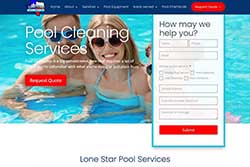
Lisa and Portside Marketing are simply the best. Our new website looks fantastic and is ranked #1 for 100's of keywords in our area. If you need a great web developer, look no further. They were the best web designers near me and did a great job.
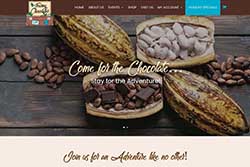
Understanding Marketing Funnels
Marketing funnels provide a structured way for small businesses to guide potential customers from the first interaction to the final purchase. By combining marketing automation with funnel strategies, businesses can deliver the right message at the right time, making it easier to move prospects through each stage of the customer journey.
What Is a Marketing Funnel?
A marketing funnel is a step-by-step process that shows how potential customers progress from awareness to conversion. It represents the path buyers take, starting with learning about a product or service and ending with a purchase decision. With automation in place, each stage of the funnel can be managed with less effort and greater precision.
Stages of a Marketing Funnel (Awareness, Consideration, Conversion, Retention)
- Awareness: At this stage, prospects discover the business through ads, social media, or search engines. Automated campaigns help attract attention and increase visibility.
- Consideration: Prospects begin evaluating options. Automated email nurturing and educational content keep the business top of mind.
- Conversion: Leads take action, such as making a purchase or booking a consultation. Automation tools ensure timely follow-ups and clear calls to action.
Retention: Existing customers are encouraged to return through loyalty programs, ongoing communication, and personalized offers powered by automation.
Aligning Funnels with the Customer Journey
For marketing funnels to be effective, they must align with how customers naturally make decisions. Marketing automation helps small businesses deliver messages based on customer behavior, such as downloading a resource, visiting a webpage, or abandoning a cart. By aligning funnels with these actions, businesses can nurture relationships and improve conversion rates.
Key Benefits of Marketing Automation and Funnels
When small businesses adopt marketing automation and marketing funnels, they gain practical advantages that directly impact growth. These tools help reduce wasted time, improve customer interactions, and generate more predictable revenue.
Boosting Customer Engagement
Marketing automation allows businesses to send personalized and timely messages that resonate with their audience. From welcome emails to follow-up reminders, automation keeps prospects engaged without requiring constant manual effort. Engaged customers are more likely to interact with content, respond to offers, and move further down the sales funnel.
Generating More Leads and Sales
By combining funnels with automation, businesses can capture leads more effectively and nurture them until they are ready to buy. Automated forms, lead magnets, and drip campaigns ensure that potential customers receive the right information at each stage. This process increases the likelihood of turning prospects into paying clients.
Improving ROI and Business Scalability
Marketing automation reduces labor costs by minimizing repetitive work and maximizing efficiency. Funnels create a repeatable process for guiding customers through the buying journey. Together, they help small businesses achieve higher returns on marketing investments and make it easier to scale operations without overwhelming resources.
Essential Tools for Marketing Automation
To make the most of marketing automation and marketing funnels, small businesses need the right tools in place. These platforms help manage customer data, deliver consistent messaging, and track results across multiple channels.
CRM and Lead Management Systems
Customer Relationship Management (CRM) systems are at the core of marketing automation. They allow businesses to store contact details, track interactions, and manage leads throughout the funnel. With integrated automation, a CRM can send reminders, update lead statuses, and trigger communication at key points in the customer journey.
Email Marketing Automation Platforms
Email remains one of the most effective marketing channels, and automation takes it to the next level. Email marketing platforms allow businesses to create sequences that respond to customer behavior, such as signing up for a newsletter or abandoning a shopping cart. These automated workflows help nurture leads and encourage conversions with minimal manual input.
Social Media and Ad Automation Tools
Social media and advertising platforms also benefit from automation. Scheduling posts, managing ad campaigns, and retargeting audiences can all be automated to save time and improve consistency. Automated ad funnels ensure that the right messages are shown to the right audience segments, increasing both engagement and return on ad spend.
How Marketing Funnels Drive Business Growth
Marketing funnels play a central role in helping small businesses turn prospects into loyal customers. By combining structured funnels with automation, businesses can guide buyers through each stage of the decision-making process while minimizing missed opportunities.
Building Awareness Through Automated Campaigns
The first step to growth is reaching new prospects. Automated campaigns, such as email introductions, targeted ads, and social media scheduling, increase visibility without requiring constant effort. These awareness campaigns help small businesses consistently connect with potential customers at the top of the funnel.
Nurturing Leads with Personalized Content
Once a prospect shows interest, marketing automation ensures they receive relevant and timely information. Automated drip campaigns, follow-up messages, and personalized offers guide leads through the consideration stage. This steady communication builds trust and keeps the business in front of potential buyers until they are ready to take action.
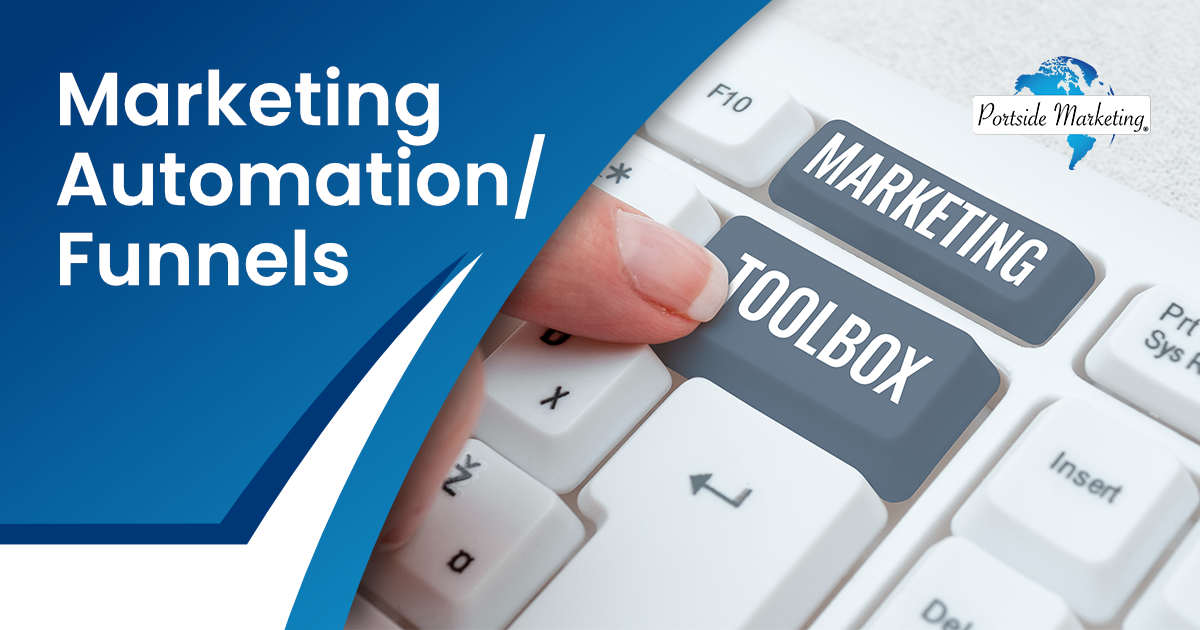
Converting Prospects into Loyal Customers
The final stages of a funnel focus on conversion and retention. Automated reminders, limited-time offers, and follow-up messages encourage prospects to complete a purchase or book a service. After conversion, ongoing automation helps maintain relationships with customers, leading to repeat business and long-term loyalty.
CALL NOW
To schedule a call with us to go over your unique needs.
Steps to Create an Effective Marketing Automation Funnel
Building a marketing automation funnel requires a clear plan that aligns with business goals and customer needs. Small businesses can follow structured steps to create funnels that consistently generate leads and drive sales.
Define Your Target Audience
The foundation of any funnel is understanding who it is built for. Small businesses must identify their ideal customers, including demographics, interests, and pain points. A clear audience profile helps ensure that automated messages are relevant and impactful.
Map Out the Funnel Stages
An effective funnel mirrors the customer journey. Businesses should outline the awareness, consideration, conversion, and retention stages, identifying the actions prospects take at each step. Mapping the funnel ensures a clear strategy for moving leads toward a purchase.
Automate Touch points Across Channels
Automation tools should be used to create consistent touch points throughout the funnel. This includes email sequences, re-targeting ads, social media posts, and CRM updates. Automating these interactions ensures timely engagement without requiring daily manual input.
Track and Optimize Performance Metrics
A marketing automation funnel must be monitored to remain effective. Small businesses should track key metrics such as open rates, click-through rates, conversions, and customer retention. Regular analysis allows for adjustments that improve funnel performance and increase return on investment.

Common Mistakes to Avoid in Marketing Automation and Funnels
While marketing automation and funnels can transform business growth, they must be implemented correctly. Small businesses often face challenges when adopting these strategies, but most issues can be avoided with proper planning.
Over-Automation Without Personalization
Automation is powerful, but relying solely on generic messages can make communication feel impersonal. Customers expect personalized interactions that reflect their interests and behavior. Balancing automation with targeted, human-centered messaging ensures stronger engagement.
Ignoring Data and Analytics
One of the biggest mistakes small businesses make is failing to track performance. Without analyzing open rates, conversions, and customer behavior, it becomes difficult to measure success. Data-driven decisions are essential for refining automation and funnel strategies.
Lack of Testing and Refinement
Funnels and automation campaigns require ongoing testing. Ignoring A/B testing or failing to update content can result in lower engagement and missed opportunities. Regular refinement ensures that automation systems remain relevant and effective.
Why Partner with Portside Marketing for Marketing Automation and Funnels
Small businesses often lack the time and resources to set up advanced marketing automation systems and optimized funnels on their own. Partnering with Portside Marketing provides access to expertise, proven strategies, and tools designed to drive measurable growth.
Expertise in Small Business Growth
Portside Marketing specializes in helping small businesses streamline marketing efforts and increase revenue. With experience across multiple industries, the team understands the unique challenges small business owners face and delivers solutions tailored to their needs.
Customized Funnel Strategies
Every business requires a funnel strategy that aligns with its goals and audience. Portside Marketing develops customized marketing funnels and automation workflows that reflect the customer journey, ensuring more efficient lead nurturing and higher conversion rates.
Proven Results Across Industries
From local service providers to e-commerce businesses, Portside Marketing has a track record of implementing automation and funnel strategies that generate consistent results. Their clients benefit from increased efficiency, stronger customer engagement, and scalable growth.
Take the Next Step with Portside Marketing
Small business owners can save time, generate more leads, and grow sales by implementing marketing automation and marketing funnels. Portside Marketing provides the expertise and tools needed to create strategies that work seamlessly in the background while driving real results.
Contact Portside Marketing today at 927-979-9316 to discover how customized automation and funnel solutions can help your business achieve consistent growth and stronger customer relationships.
CALL NOW
To schedule a call with us to go over your unique needs.
